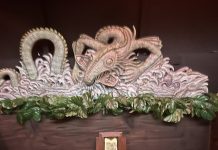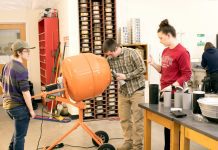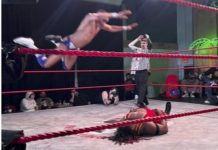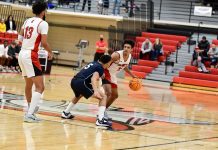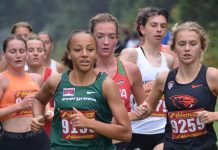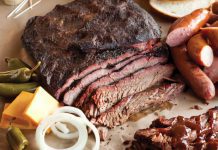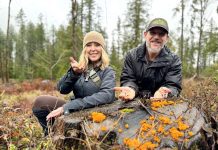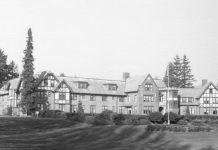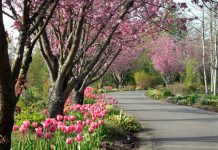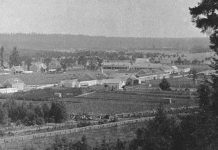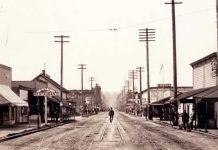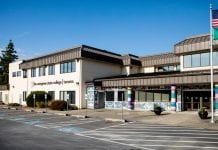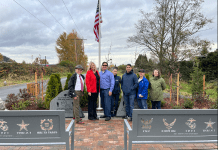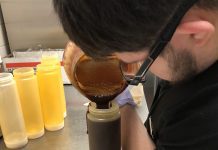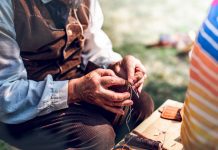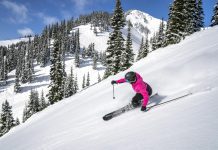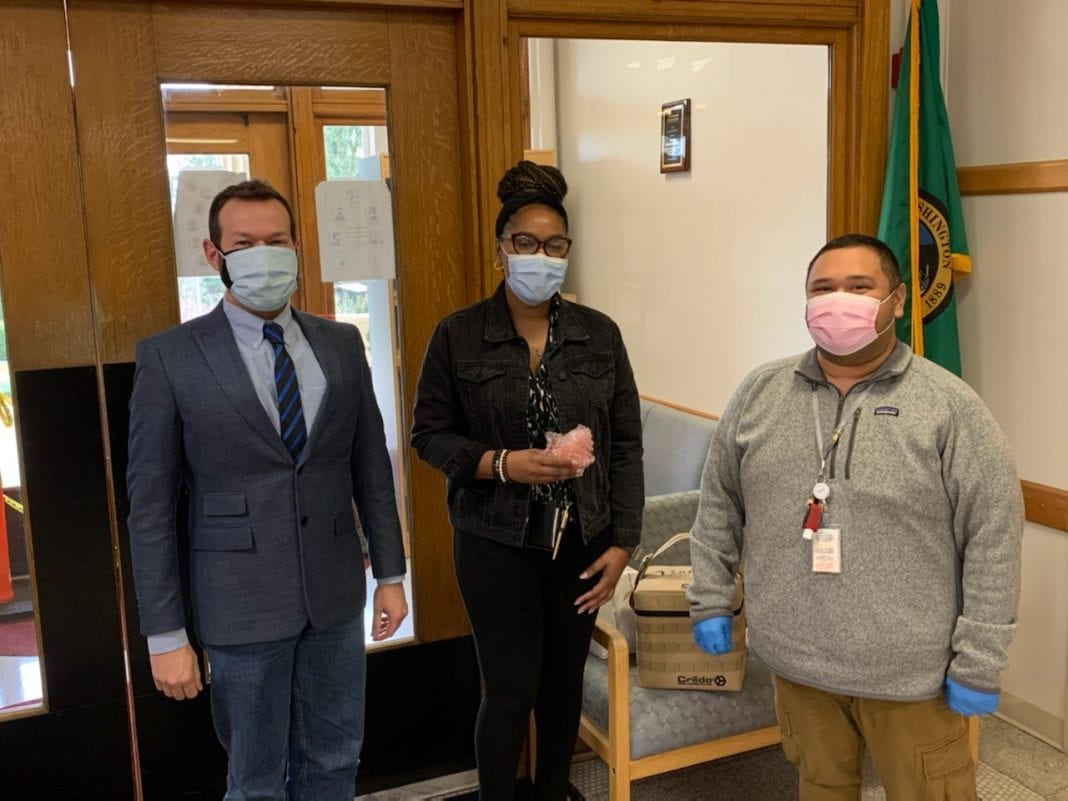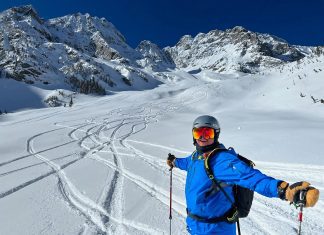Submitted by Rachel Ericson for Washington State Department of Corrections
The Washington State Department of Corrections continues to take steps to ensure incarcerated individuals have opportunities to engage in pro-social programs and activities that assist in a reduction of recidivism. By providing opportunities to work together as a team, learning more about cultural backgrounds and growing a sense of community, individuals are shown positive and helpful behaviors that promote social cooperation and engagement.
The department continues to find ways to bring the incarcerated Indigenous people closer to their cultural roots, by providing opportunities to safely engage in religious practices while incarcerated.
Many of those who are incarcerated will return to the communities in which they received their criminal conviction. The department’s mission is to improve public safety by positively changing lives. Washington Corrections strives to return individuals to their communities with pro-social connections.
Recently, a unique opportunity was presented for community connections, in an unexpected way. On a daily basis, Native tribes in Washington State work with the department, typically by providing a Tribal Council representative to work with the Washington Corrections’ Tribal Relations Office and providing important community support for tribal members who are involved in the state’s criminal justice system.
In February 2021, Jeremy Pangelinan, Muckleshoot Tribe’s health clinic manager, reached out to the Governor’s Office of Indian Affairs, to express the Muckleshoot Tribe’s interest in gifting a portion of their allocated COVID-19 vaccine doses to incarcerated members of the Muckleshoot Tribe.
Through this connection, Pangelinan was placed in touch with the Department of Corrections’ Tribal Relations Liaison Nancy Dufraine and Engagement and Outreach Director Jeremy Barclay. Barclay is also responsible for the Department’s Tribal Relations Office and collaborates with Native tribes across the state to assist in providing pro-social connections for Indigenous incarcerated people.
Together, Pangelinan and Barclay worked with both the Washington State Department of Health and the Department of Corrections’ own Health Services, to ensure the gift of COVID-19 vaccine doses could be appropriately given to currently incarcerated members of the Muckleshoot Tribe, who would otherwise have had the opportunity to receive these vaccines from the Tribe if they had not been incarcerated.
“This is a potentially life-threatening illness,” Barclay said. “The health of those in the department’s custody is its highest priority and we want to be sure that all who wish to be vaccinated are able to do so, as supply is made available. This act of compassion from the Muckleshoot Tribal Council and people, reflects the importance of pro-social connections between a home community and incarcerated people.”
In total, 17 incarcerated individuals met the criteria of being members of the Muckleshoot Tribe and received the vaccine doses from the Tribe, and on a snowy day, in mid-February, Pangelinan and Barclay each drove to the Monroe Correctional Complex (MCC) to transfer the gift of the vaccine. Of the 17 eligible individuals, 14 consented to receive the Moderna vaccine for COVID-19.
“By graciously providing the COVID-19 vaccine to the incarcerated members of their community, the Muckleshoot Tribe gracefully set an example for what communities could strive to achieve,” said Barclay. “The Muckleshoot Tribe has demonstrated that even though an individual might be incarcerated for a while, they still have a home to which they belong.”
The Muckleshoot Indian Tribe (MIT) was one of the first sites in the state to host a mass vaccination clinic for the Tribe’s members and their households. The Tribal Council continues to work with their staff to host vaccine clinics and provide information on the importance of vaccinations. Tribal Council Vice-Chairman Donny Stevenson has attended all the vaccine clinics hosted at the Tribe’s Health and Wellness Center. Regarding the collaboration on providing vaccines, Vice-Chairman Stevenson said, “We are grateful for this opportunity to assist with the vaccination effort. This represents MIT’s concern for all of our Tribal members during the pandemic.”
Partnerships, such as this with the Muckleshoot people, continue to be an essential part of Corrections’ processes – without these vital relationships, meaningful pro-social opportunities for incarcerated people, would not be possible.





